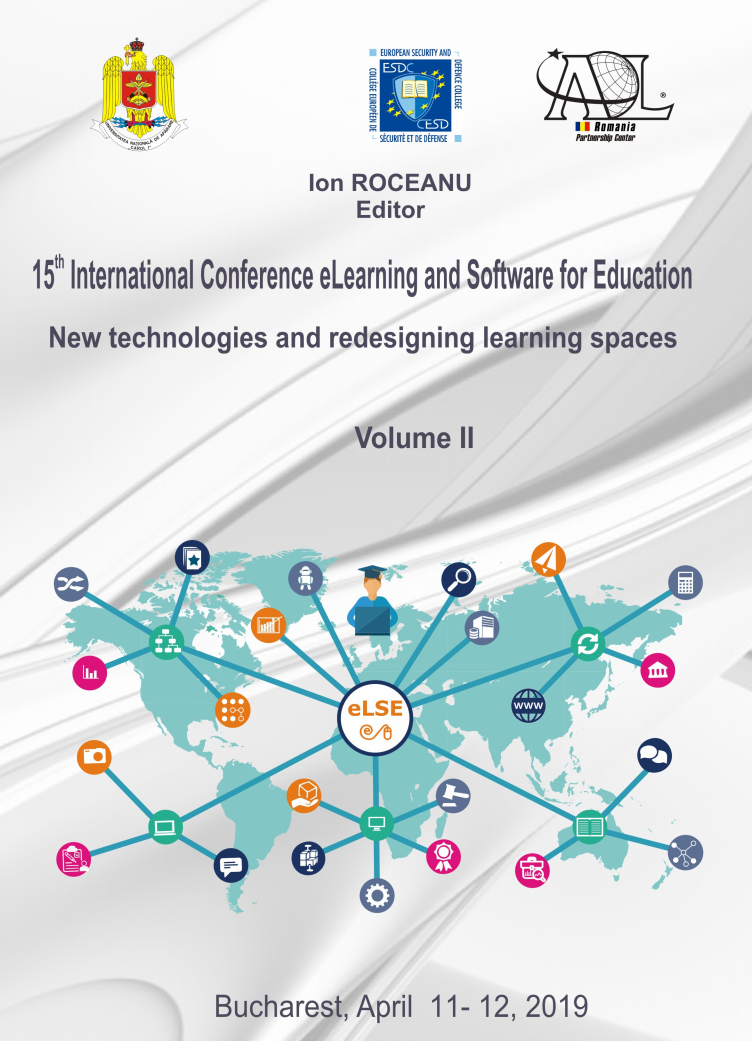
Psychological Implications of e-Learning Processes
Learning is a process that relies on numerous psychological processes and mechanisms such as motivation need for collaborative experiences and for positive reinforcement, as well as an innate drive to look for new experiences. E-learning has already proven its usefulness at both educational and corporate level. But in order to maximize its outcomes, consideration should be given to all the psychological aspects that enhance the learning process, all the more so in the challenging e-learning environment. This paper looks into factors such as the psychological characteristics of e-learning users (learning style, openness to innovation, acceptance of technological devices involved in the process), previous (e-)learning experiences), as well as features of the learning process in order to determine the degree to which they impact the outcome of virtual imparting of information in a formal classroom. In doing so, it relies on the main learning theories that explain the extent to which various influences (emotional, cognitive, developmental) contribute to how people acquire and retain information. Thus, the cognitive approach focuses on the features of the learner with particular emphasis on memory, since it pinpoints that individual learners are more important than the environment; the behaviorist theory considers learning from the perspective of the constant interplay of reward and targets as a motivational factor for achieving success in the learning process; constructivists such as Jean Piaget advocate that learners should rely largely on the knowledge already acquired and should be actively involved in designing the content they wish to learn. These theories will be revisited in the context of virtual learning, so as to deduct their relevance for this innovative form of the teaching-learning paradigm.
More...